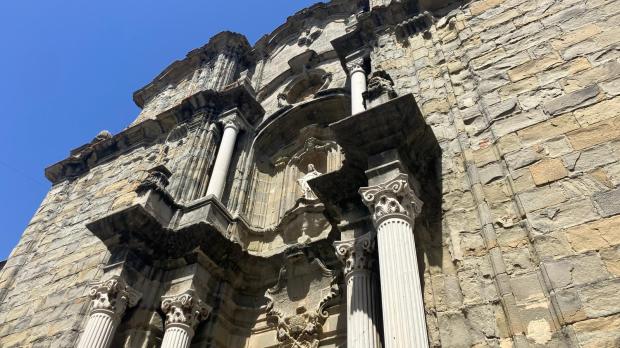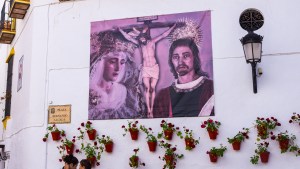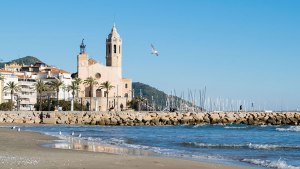At the southernmost edge of Spain, Tarifa is the meeting point between the Mediterranean Sea and the Atlantic Ocean. Its sun-soaked beaches are usually flocked with water sports aficionados (particularly kitesurfers, who enjoy the mighty winds blowing through the Strait of Gibraltar) and ecotourism enthusiasts, who go there on whale-watching trips around the protected landscapes of Parque Natural del Estrecho (Gibraltar’s Strait Natural Park).
Yet, Tarifa’s allure goes beyond its beaches. Its storied past is a complex tapestry woven from ancient times. Initially a Roman settlement in the Baetica province, the town eventually ended up being captured by Tarif Ibn Malik, a Berber military commander, and was named Tarifa after him.
Indeed, the historic center of the town, a beautiful maze of narrow streets and whitewashed buildings, stands as a testament to its Moorish legacy – but also to some other medieval traditions.
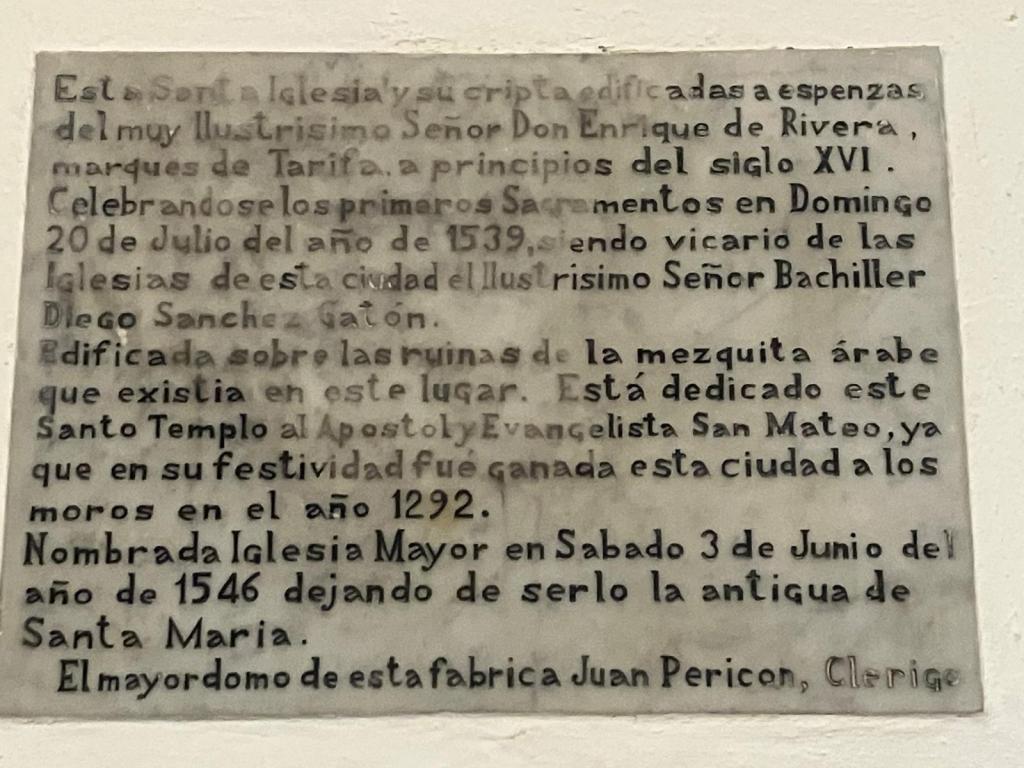
A pivotal feature of Tarifa’s history lies in the Church of San Mateo. This venerable church, which has witnessed centuries of change and continuity, is a landmark in the Ruta Bético-Romana, a route that covers 14 Spanish cities in what once was Southern Roman Hispania.
Built in the 16th century, the church was constructed by the then Marquis of Tarifa, Don Enrique de Rivera, on the remains of the mosque that once stood on the spot. And whereas its façade is typically Baroque (divided in three stages, and adorned with ionic-like columns), its sides are quasi-Romanesque, and its interior shows typical Gothic rib vaults running through its roofs. Indeed, most of its windows are built in classic Gothic fashion, although they do not allow much light in. The church is dedicated to St. Matthew, the apostle and evangelist, since the city was reconquered on his feast day in 1292.
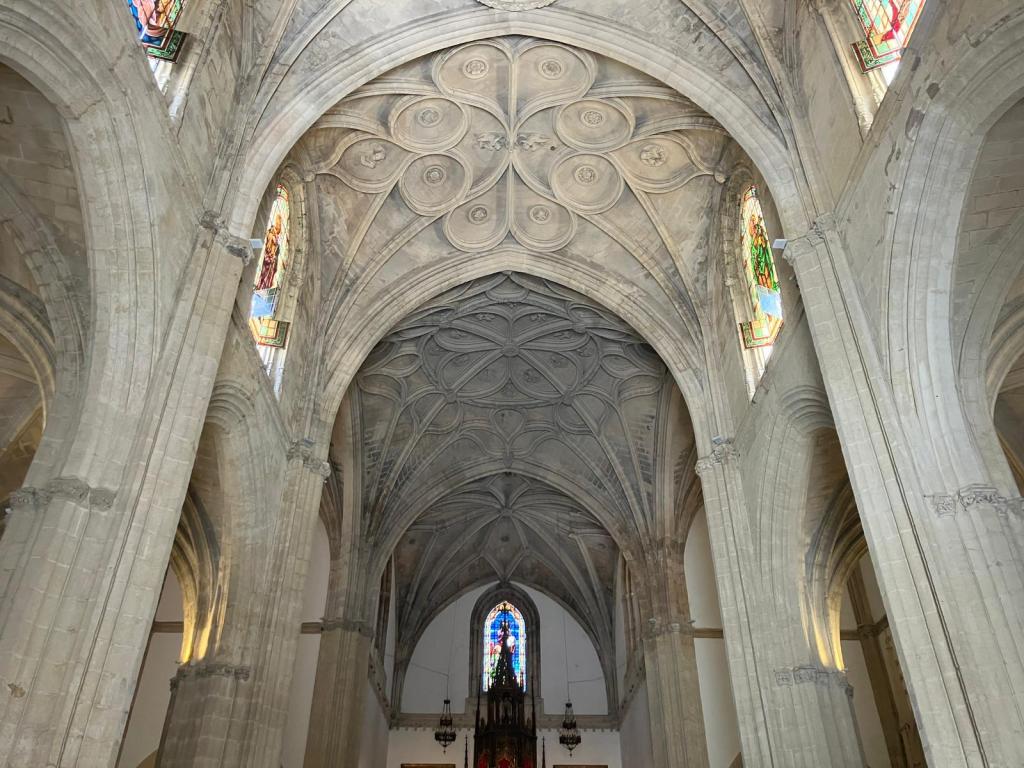
The church, the southernmost Catholic building in Spain (which is only 30 kilometers away from Morocco, across the Gibraltar Strait), is also home to the Brotherhood of Nazarenes of Our Lord Jesus in the Garden and Our Lady Mother of God and the Rosary. Full-size sculptures of the brotherhood’s patrons are carried in solemn procession during Holy Week.
